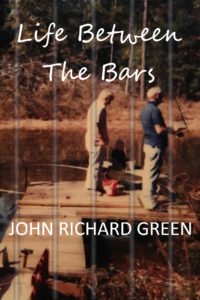Whether turning pages in a book or writing one – words help us, at least temporarily, escape some dark places. Those breaks can be invaluable, sometimes meaning the difference between giving up and carrying on, putting one foot in front of the other. That is the spark that started WITS, but writing is not just a means to support emotional well-being, it can be a means to thrive. It can also be a means to educate and support research.
The writing shared here was created in part or in its entirety from prison. Most of the writers in some way contributed to WITS’ body of work and are part of this writing family, but not all.
A staff member in a California Prison reached out from a prison yard with little programming and long or life sentences, a yard lacking much hope. She chose eight men, motivated men but not historically ‘writers’, and asked if we could do a book project. This is what they created, including the title and cover.

Antonio Garcia, Brian Martinez, Erik Mata, Juan Mata, Jose Mendoza, Jose Solorzano, Jason Tahara and Hector Valdivia came together to write this book, and as Hector Valdivia put it, he wrote for individuals beginning their journey toward change. The process became personal and sometimes difficult. In the end, creative writing gave him freedom of expression, and he hopes his stories will benefit others starting their journey toward change.
Any profits on the sale of The Chosen Ones go directly back into WITS, supporting book clubs, writing contests, the maintenance of this site, advocacy, and various projects in support of writing in prison.
Texas Letters includes a collection of letters written from solitary confinement in Texas, and is an incredibly important tool in any conversation regarding isolation, Texas prisons, or more specifically, solitary confinement in Texas.
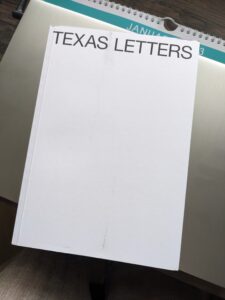
Arguments for solitary confinement often include providing protection against violent and dangerous individuals, retribution and punishment, as well as claims there are individuals who actually want to be in solitary for their own protection, among other things. On the other hand, arguments against solitary confinement include various perspectives regarding inhumanity and torture.
Texas Letters is an additional resource in the quest for solutions regarding long-term solitary confinement.
In Trauma, Spirituality and Healing, author Leo Hylton, who lives in a Maine prison, wrote of the experience of one man, Joseph, who suffered trauma throughout his childhood, which separated him from his spirituality, one of life’s coping mechanisms. Joseph lived not only through trauma within his family, but also spent a good deal of his youth in foster care, later being present at the death of his foster mother and then also the death of his father, who he greatly resented, a year afterward. Joseph would later find himself involved in a crime that went wrong and he reacted violently, attacking two people. He didn’t understand why he responded the way he did at the time. It wasn’t until later in his incarceration that he began exploring the impact childhood trauma had on his life, and also recognized how that trauma led to a lack of spirituality. Joseph was then able to acknowledge that he was traumatized as a child and reconnect with his spirituality, at which time he was able to begin healing. The author believes that there needs to be a greater focus on the voices of those who have been traumatized and then inflict trauma, specifically individuals in prison, and also how spirituality can impact healing.
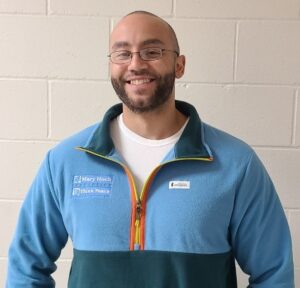
Trauma, Spirituality and Healing, a peer-reviewed article, can be found here. Leo Hylton’s work is too extensive to include here, but more information was shared in the WITS March, 2024, newsletter. Though living in a Maine prison, Leo is also a professor and Restorative Justice Practitioner and can be contacted directly regarding speaking requests.
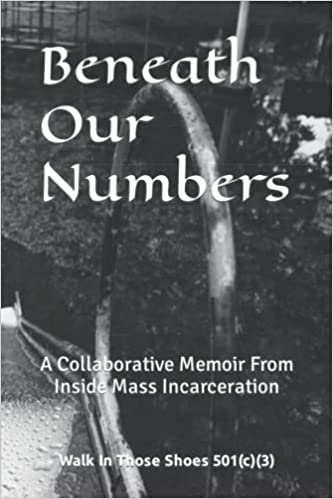
Twenty-three WITS writers came together in Beneath Our Numbers, walking us through early childhood, adolescence, their entry into prison, and what reform looks like now. There are also three sections that touch on holidays, loss and innocence, completing an amazing collection of writing. Beneath Our Numbers will also give writers interested in contributing to WITS a good picture of what WITS looks for.
Any profits on the sale of Beneath Our Numbers go directly back into WITS, supporting book clubs, writing contests, the maintenance of this site, advocacy, and various projects in support of writing in prison.
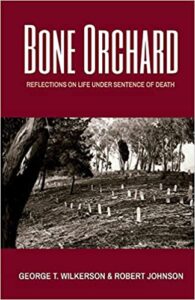
George Wilkerson is a writer and poet with a style all his own. Bone Orchard is a creative expression of what living on death row is like. The book is not all poetry, and while it shares the experience of death row, it also shares insight into the different forms creative writing can take by an author who has found his own unique voice. The book is a very easy read and would appeal to anyone interested in writing styles, poetry, justice, prison, death row, and humanity.
In Interface, George Wilkerson shares life experiences through his unique poetry that has a way of appealing to even those who are not readers of poetry. George peels back the layers on life events, exposing fragile and poignant moments through his honest and unique creativity, taking readers on a journey.
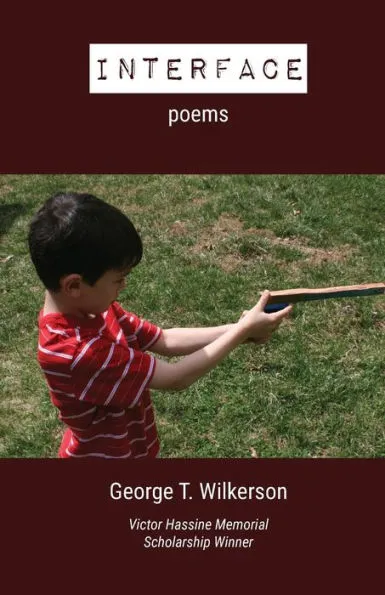
In Life Between The Bars, John Green delivers his memoir in the humorous, heartfelt, nostalgic way only he can.
Green walks through boyhood memories, while at the same time sharing the reality of his world in this summation of his life. Life Between The Bars is a picture of humanity and incarceration by a man who eloquently shares what he has lost, as well as what he has learned.
John has been incarcerated for nearly thirty years, he is an insulin dependent diabetic, he’s lost a toe to his disease, and also struggles with mobility and vision loss.
“Do not judge, or you too will be judged. For in the same way you judge others, you will be judged, and with the measure you use, it will be measured to you. Why do you look at the speck of sawdust in your brother’s eye and pay no attention to the plank in your own eye? How can you say to your brother, ‘Let me take the speck out of your eye,’ when all the time there is a plank in your own eye? You hypocrite, first take the plank out of your own eye, and then you will see clearly to remove the speck from your brother’s eye.” – Matthew 7:1-5
TO SUBSCRIBE TO OUR NEWSLETTER, PLEASE SUBMIT YOUR EMAIL ADDRESS BELOW:
![]()

